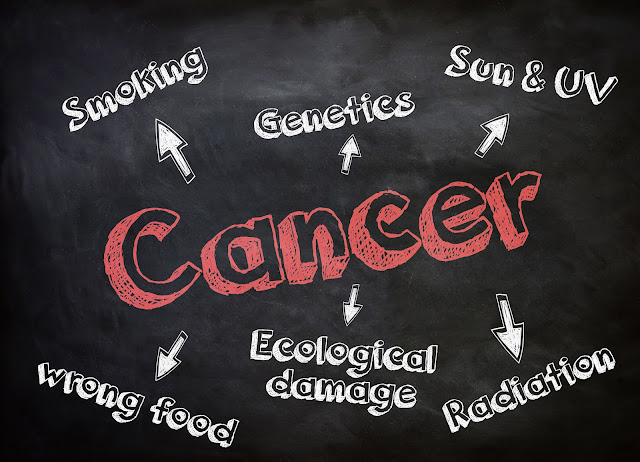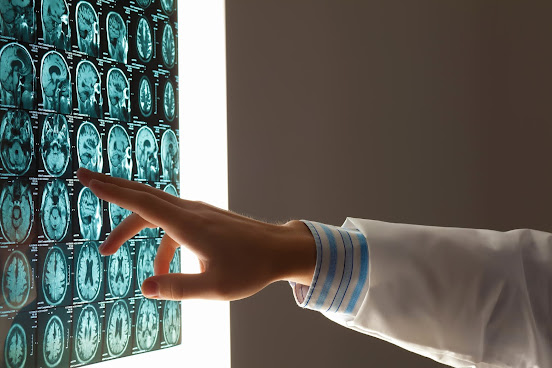Cancer causes you need to be aware of!
Abnormal cell growth in the body starts with precancerous variations to malignant tumours, which leads to cancer development. While some cancer causes remain unknown, others have been associated with one’s genetic makeup, poor lifestyle choices or even environmental carcinogens. Studies have shown that there is no one cause to be accountable for the growth of cancer instead it is an amalgamation of numerous factors.
Without much ado, let’s read about some of the major causes of cancer:
1. Changes in the genetic makeup:
Changes or alterations in the genetic constitution called ‘genetic mutations’ could cause a cell to become cancerous. The factors that may contribute to genetic mutations are as under:
Inborn or a family history of gene mutations: These genetic mutations are hereditary or are inherited from the parents. This type of mutation comprises a small percentage of cancers.
After birth gene mutations: These types of mutations account for a majority of cancers that are not heredity and occur after birth.
These mutations work together to contribute to cancer causes. For example: If you’re inherited with a gene mutation, doesn’t mean you are sure to get cancer. But, it could make you more prone to develop cancer in comparison with other people when exposed to a particular carcinogen.
2. Exposure to toxic substances, chemicals or radiations (Carcinogens):
Tobacco or cigarette smoke alone contains a minimum of 66 identified potential carcinogenic chemicals and toxins. Some other harmful chemicals are Asbestos, Nickel, Thorium, Cadmium, Benzene, Vinyl chloride, Benzidine, N-nitrosamines, Aflatoxin etc.
Ultraviolet (UV) rays from sunlight, alpha, beta, gamma radiations, and X-rays are no less!
Early exposure or exposure during childhood to high-dose chemotherapy and radiation may also lead to the development of secondary malignancy which arises as a result of treatment of different cancer.
While tobacco smoke and the sun's rays can simply be avoided; the air we inhale, the food we consume, the water we drink, or materials we work with daily are a hard pass.
Tip: Knowing which chemicals or exposures are deleterious for our health can go a long way in the prevention of potentially harmful diseases.
3. Unhealthy lifestyle:
In addition to the above-mentioned points, research has found the consumption of meat and alcohol to be linked with certain types of cancer, whereas obesity is associated with higher rates of cancer.
Dietary intake can affect the bacteria that inhabit our intestines (gut microbiome) and some bacteria can increase the likelihood of colorectal cancer development. Inflammatory conditions, like ulcerative colitis or obesity, is no good either!
There is no particular cancer causes as there are several factors at play to cause cancer. Undoubtedly, prevention is the key to healthy living.
FAQs:
Q. Which is the most common cancer associated with smoking?
Ans. Lung cancer is commonly associated with smoking.
Q. Which gene is linked with cancer?
Ans. About 50% of cancers comprise of an absent or impaired p53 gene.



Comments
Post a Comment